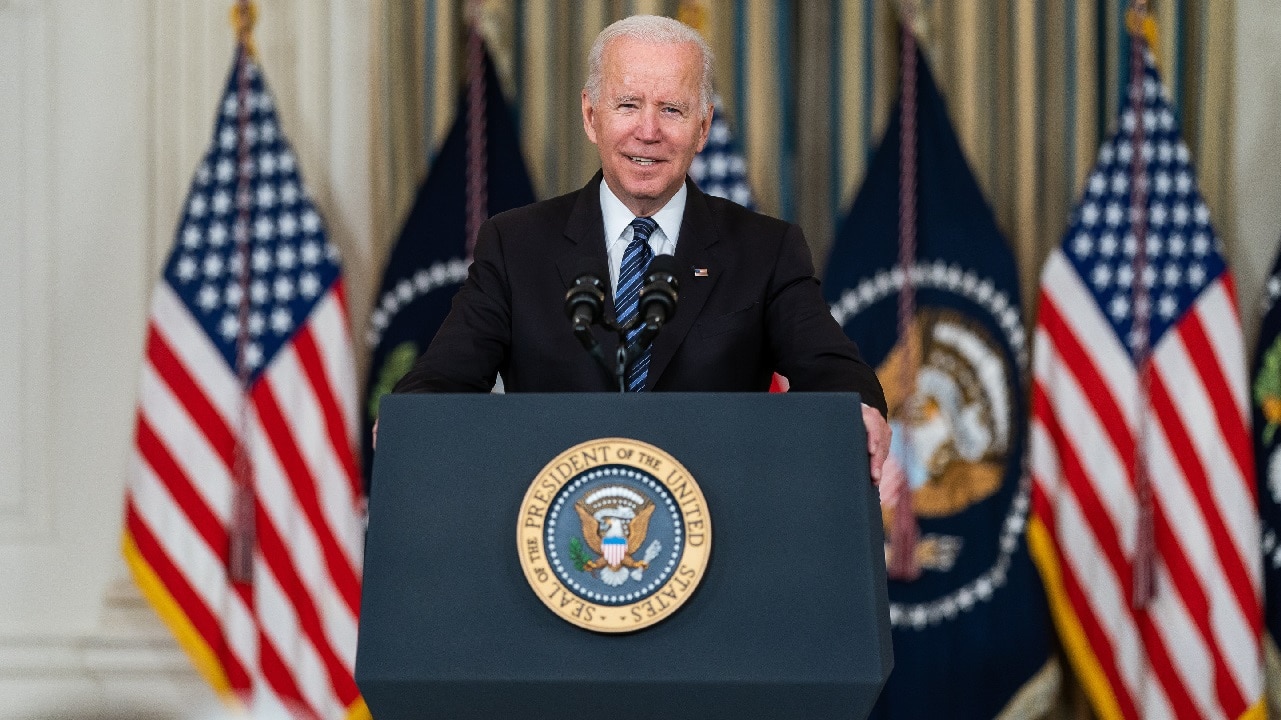Across Africa, there has been a broad erosion of democracy. Over the last year, there have been successful coups in Burkina Faso, Sudan, Mali, Guinea, self-coups in Somalia and Tunisia, and an attempt in Guinea-Bissau. That tops the number of coups the continent experienced over the previous decade. The two most populous countries on the continent—Nigeria and Ethiopia—are simultaneously encouraging ethnic and sectarian cleansing if not genocide.
Too often, successive U.S. administrations have remained blind to the causes of such instability. Rwandan President Paul Kagame is right when he observed that the spate of coups are the result of bad governance. While many in the West and human rights community criticize Kagame on issues relating to democracy—sometimes with reason but often unfairly given the conscious effort post-genocide to effect a generational change in mindset to prevent the pre-genocide political dynamics from repeating—Kagame deserves acclaim for being the only world leader to defeat dysfunctional corruption.
U.S. diplomats often ignore corruption against the backdrop of violence and crises. Benign neglect or dismissing corruption as cultural, however, condescends and condemns future generations to misery and poor governance. While terrorism affects thousands, corruption impacts hundreds of millions.
It is against this backdrop of frequent neglect that the recent Presidential delegation to Liberia to mark the bicentennial of the founding of a colony by freed American slaves is a breath of fresh air. Dana Banks, special assistant to President Biden, did not treat her mission as a junket or simply constrain herself to diplomatic pageantry. In her statement delivered during the ceremony, she minced no words on crisis of corruption and democratic decline Liberia faces, largely because of President George Weah.
Liberia still has work to do to seriously address and root out corruption. We bring this up as your friends who are eager to help. Corruption is an act of robbery. It robs Liberia’s citizens of access to health care, to public safety, to education. It robs you of the healthy business environment we all know Liberia could have, which would lift countless Liberians out of poverty. It subverts economic opportunity, exacerbates inequality, and erodes integrity. It eats away at the democracy you have worked so hard to build. Liberia has a host of anti-corruption institutions. But while these institutions are nominally and legally independent from the Government of Liberia, the truth is that the government fails to adequately fund them and exerts its influence upon them. Too many of Liberia’s leaders have chosen their own personal short-term gain over the long-term benefit of their country.
America is at its strongest when it acts proactively and in a bipartisan fashion. On Liberia, not only is the White House seeking to address early Weah’s betrayal of Liberia’s law and constitution and his undemocratic and illegal targeting of political opponents like opposition leader Alexander Cummings, but a bipartisan array of several dozen representatives led by Rep. Gregory Meeks (D-New York), is also demanding Liberia maintain its transparency and good governance. The stakes are high. Liberia suffered two devastating civil wars between 1989 and 2003, and its societal fabric remains fragile. For two centuries, United States and Liberian history have been interwoven. Kudos to the Biden administration and especially Banks for their proactivity rather than complacency in recognizing the threat Weah poses both to Liberia and its historic relationship with Washington.
Now a 1945 Contributing Editor, Dr. Michael Rubin is a Senior Fellow at the American Enterprise Institute (AEI). Dr. Rubin is the author, coauthor, and co-editor of several books exploring diplomacy, Iranian history, Arab culture, Kurdish studies, and Shi’ite politics, including “Seven Pillars: What Really Causes Instability in the Middle East?” (AEI Press, 2019); “Kurdistan Rising” (AEI Press, 2016); “Dancing with the Devil: The Perils of Engaging Rogue Regimes” (Encounter Books, 2014); and “Eternal Iran: Continuity and Chaos” (Palgrave, 2005).

